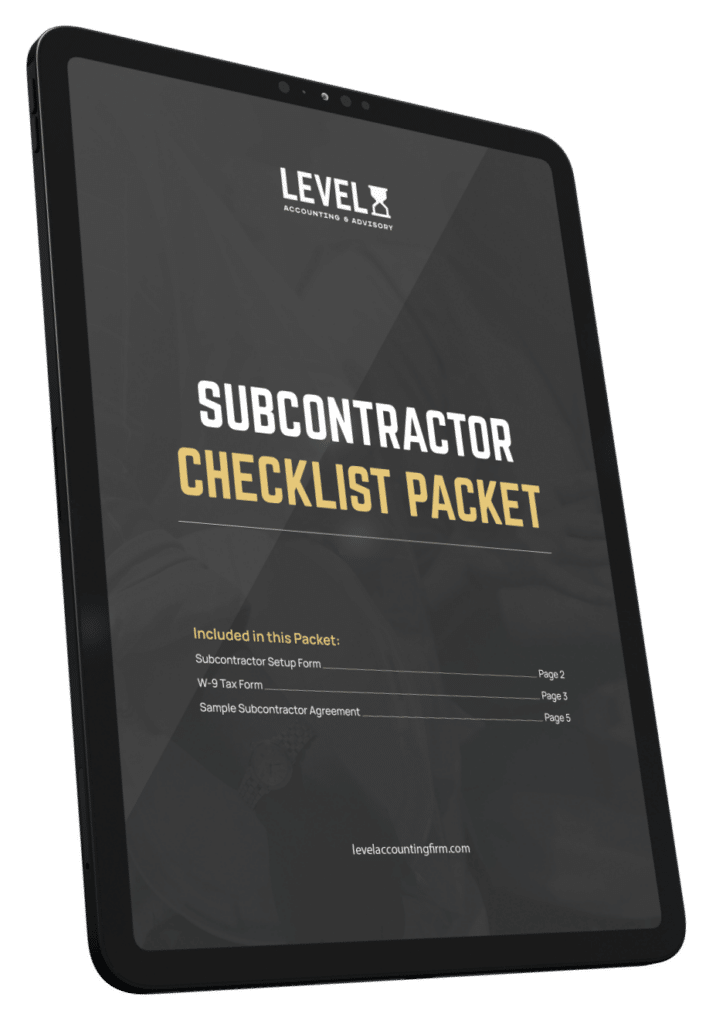How a Financial Forecast Can Be Your Competitive Advantage
Did you know that approximately 20% of small businesses fail within the first year? When you started your company, you had to determine what your business model was going to be and what needed to be done to bring in revenue.
Of course, offering a good product or service and building a solid marketing strategy is vital. But other things come into play if you want to have a competitive advantage and scale.
As a business owner, having these elements translated into solid figures can help. Creating a financial forecast will ensure that your company remains profitable in the long run as you grow.
What Is a Financial Forecast?
In business, a financial forecast is a projection of the income, expenses, and cash flow that your business can expect over a period of time. This allows you to have a clear view of your financial health and to plan effectively for your company’s future.
What Are the Advantages of Building a Financial Forecast?
If you’re still unsure whether you should create a financial for your business, here are some of the advantages that might convince you.
The Ability to Make Appropriate Decisions
Financial forecasting allows you to make informed decisions about your business and your financial needs. For example, a forecast can help you determine how much inventory you will need every month to meet demand without ending up with too much excess.
Budgeting
Financial forecasts can help you budget for all of your business expenses so that you never go overboard in any one area. If you spend money blindly, it can put your business at risk. But even small errors in budgeting can add up over time. Spot the trends in your spending with a financial forecast so that you can trim your budget accordingly to enjoy the best possible return on your investments.
Getting Funding
Financial forecasts are a key element that investors take into account to determine whether your business is worth investing in. Your forecast will also support future loan applications, as they give banks great insight into your ability to repay a loan in the long run.
Be Prepared
Financial forecasts take different what-if scenarios into account to determine the impact of each possible outcome and to make plans accordingly.
Tax Planning
Forecasts can even help you prepare for tax season. Tax planning is not fun for anyone, but you don’t want to wait until December to run the numbers and find out that you might owe more than you expected.
How to Build a Financial Forecast
First and foremost, do not hesitate to use financial advisory services to help you build an accurate forecast! When you do, here are some of the steps that you can expect an advisor to guide you through.
Sales Forecast
Prepare a forecast of your company’s revenue by indicating the amount of sales your business expects to generate monthly and annually.
Expense Forecast
List the main expenses that are necessary for your company to run properly. This includes both fixed and variable expenses, such as rent, payroll, utilities, taxes, fees (legal, accounting, insurance), costs related to marketing, supplies, and more.
Cash Flow Statement
Once you have your revenues and expenses sorted out, you can use them to determine your cash flow.
Get Help from the Financial Experts at Stratlign
At Stratlign, our team is composed of growth-driven accountants that will help you throughout your journey to success. From bookkeeping to financial forecasting and strategy advising, we can fulfill all of your accounting needs, walk you through growth and expansion, and help to give your business the competitive edge that you need. Reach out to us now by giving us a call or filling out our easy-to-use contact form.


